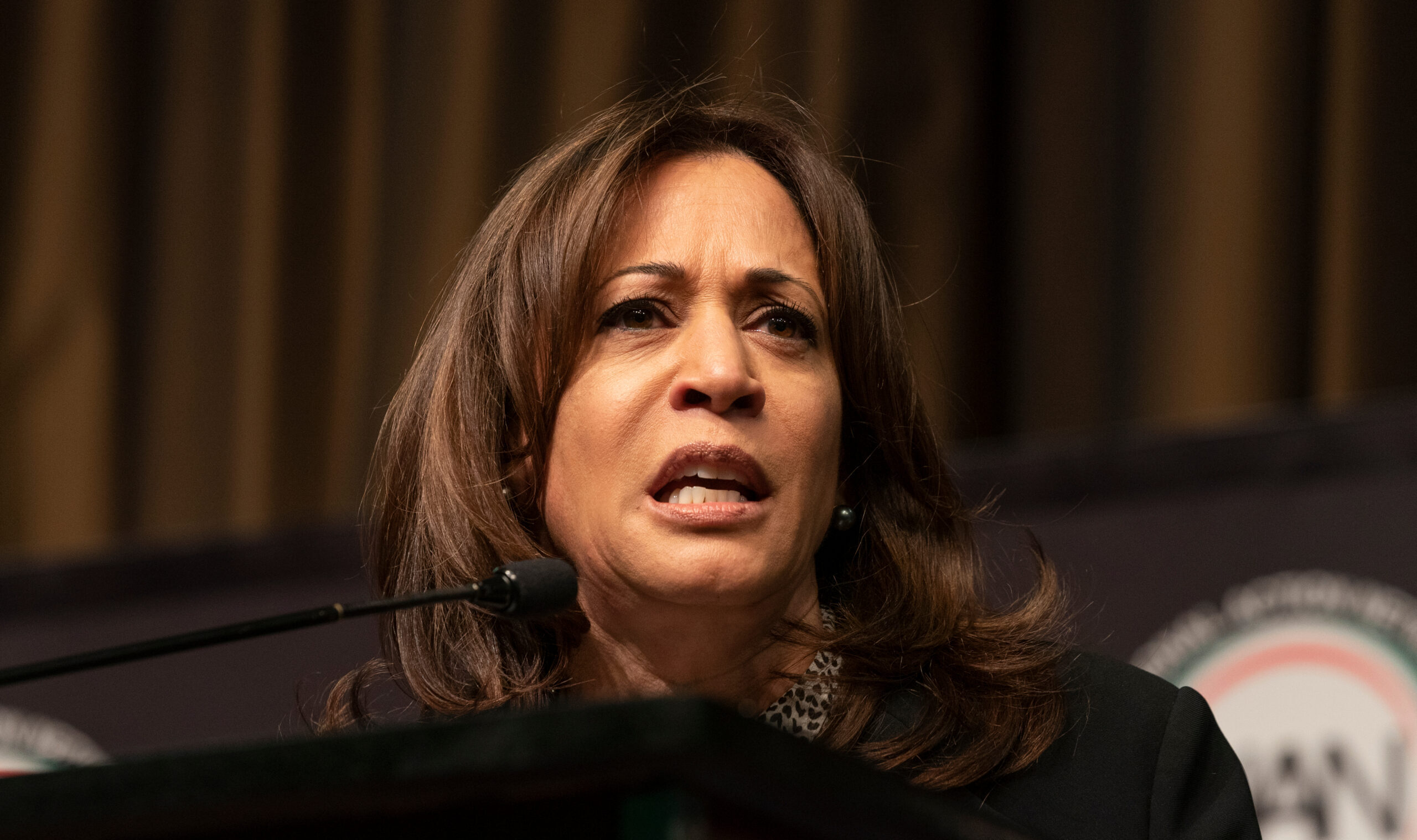
This article was originally published on American Conservative. You can read the original article HERE

All eyes are on the top of the ticket. The former President Donald Trump is looking to do what only one president has done before: return to the White House after spending four years in the wilderness. The polls have Trump and Vice President Kamala Harris locked in a dead heat. For both Trump and Harris, however, making a lasting impact in the first two years of their respective administrations hinges on down-ballot races, particularly those that will determine which party controls the House of Representatives.
Certainly, taking back the Senate in 2024 remains vital to the success of a second Trump administration. But with an almost guaranteed victory for Gov. Jim Justice in West Virginia to make the Senate 50–50, Republicans need to only take one more seat from Democrats across a map that heavily advantages the GOP. Republican senate candidates in Montana, Ohio, Pennsylvania, Wisconsin, Michigan, Arizona, and Nevada all stand a fighting chance to flip a Democratic Senate seat. According to 538’s simulations, Republicans take the upper chamber in 90 of 100 simulations.
It’s the House that remains much more up for grabs—especially as Republicans won the popular vote in the 2022 midterms by a much larger margin than their current slim majority would suggest. 538’s model has Republicans maintaining control of the House in 53 out of 100 simulations. And while the betting markets currently give Trump and Senate Republicans major edges over their Democratic counterparts, Polymarket currently has Republicans with only a 54 percent chance of carrying the House.
The Cook Political Report currently identifies 22 toss-up races in the House, split almost evenly between Democrats and Republicans, with 10 Democrats and 12 Republicans defending these seats.
Five of those 12 Republican seats are scattered across Harris’s home state of California, from Orange County to the Central Valley. In Orange County, for example, Rep. Michelle Steel is hoping to keep the 45th District from Democratic challenger Derek Tran. Although Cook has the district as a D+2, Steel won her first election in that district by just over 5 points.
Three of the 12 seats Republicans are hoping to hold are in swing states—two in Arizona and one in Pennsylvania. The Keystone State’s Rep. Scott Perry, the former chairman of the House Freedom Caucus, is trying to stave off a challenge from Janelle Stelson, a former TV news anchor. While Perry came to Washington in 2019, Republicans had held PA-10 since 2010. Stelson has publicly run away from the Biden-Harris administration’s record, but reports suggest that Stelson and Harris’s campaign are working arm in arm on the ground.
Stelson is far from the only Democratic House candidate distancing themselves from the Biden-Harris administration—several of which Cook identifies as toss-ups Democrats are trying to defend.
In Maine, Rep. Jared Golden has abstained from endorsing Harris. Golden, who flipped the seat in the 2022 midterms, faces Austin Theriault, a Republican member of the Maine House of Representatives in the R+6 Maine’s Second District. Golden was one of only three Democrats to vote in favor of House Speaker Mike Johnson’s plan to pass the SAVE Act (which prohibits illegal immigrants from voting in federal elections) attached to the continuing resolution.
Subscribe Today
Get daily emails in your inbox
The other two Democrats who voted for Johnson’s plan, Reps. Don Davis and Mary Peltola, are among Democrats facing tough challenges. Davis is defending his seat in North Carolina’s First District, which is R+1, from retired Army colonel Laurie Buckhout. Davis has raised the most money out of any Democratic House candidate in the Tarheel state.
Peltola, Alaska’s at-large representative, faces an R+8 disadvantage. She came to office in 2022 after Republican infighting, and the ranked-choice voting system unexpectedly propelled her to victory. It was weird in 2022, and it’s weird in 2024. While the Republican challenger Nick Begich remains the favorite, Alaskan Independence Party candidate John Wayne Howe could still play spoiler. Now, Peltola’s campaign apparatus is running ads in favor of Howe over Begich.
As November 5 nears, the House appears likely to be determined by whether Democratic House candidates can run faster away from Harris than House Republican candidates can run towards Trump. And that doesn’t seem to bode well for Harris’s presidential aspirations.
This article was originally published by American Conservative. We only curate news from sources that align with the core values of our intended conservative audience. If you like the news you read here we encourage you to utilize the original sources for even more great news and opinions you can trust!










Comments